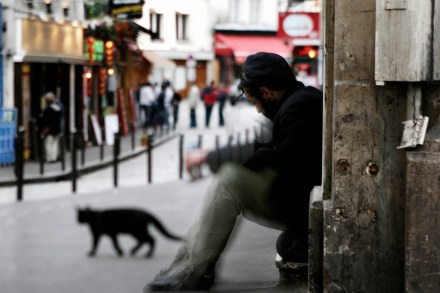The slow delights of an OAP coach tour
Early on Monday mornings, in service stations across the country, armies of the elderly are mustering. These are the OAPs about to embark on motor coach tours to the Norfolk Broads, Cornish fishing villages, the Yorkshire Moors and Welsh ghost towns, organised by men in blazers consulting clipboards, like Kenneth Williams in Carry On Abroad. There will be cream teas, along with river cruises, coastal excursions, scenic drives and jaunts on steam railways. I am a devotee of these charming holidays, as invented by Wallace Arnold, even though when one first catches sight of one’s fellow travellers it’s a frightening vision of what’s up ahead: the sticks, walking-frames, mobility scooters,




















